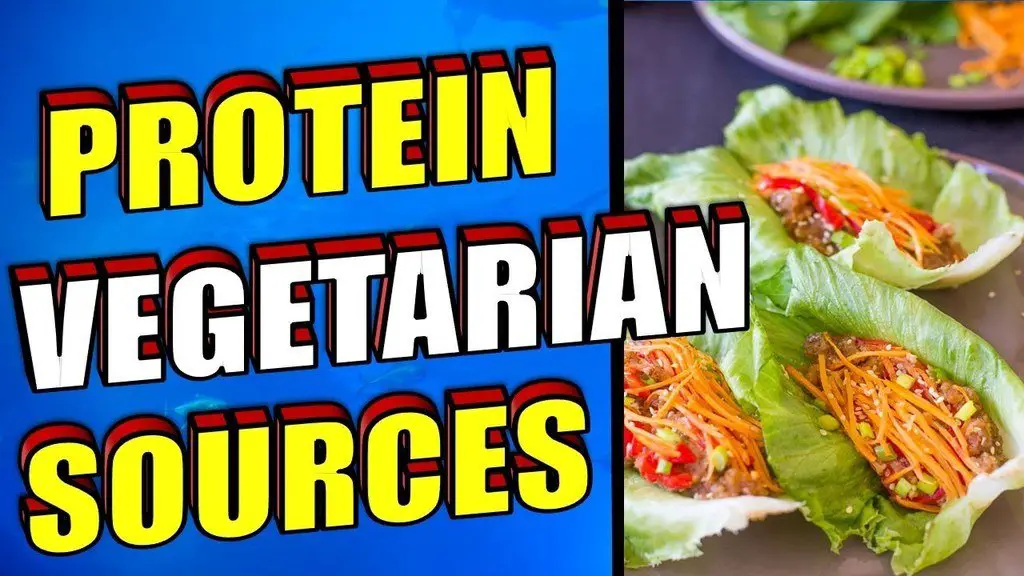Tofu is becoming more and more widely available nowadays, and has become a staple vegetarian and vegan cooking ingredient. Though its popularity in the Western world is on the rise, tofu has been used for years in Asian cooking. It’s made from condensed soymilk, and can be found in three forms: firm, soft (or silken), and extra firm.
The reason why tofu is so often used as a meat substitute is because it has a protein content that’s equal to, or even higher than, meat. A single serving of tofu is low in calories but has an impressive 11 grams of protein.
A single serving of ground beef, on the other hand, only offers 8.9 grams of protein. Compared to many meat sources, tofu is lower in fat, and, according to numerous studies, it can lower bad cholesterol and triglyceride levels.
Though tofu is a staple food in its own right, when you cook it right, it can mimic certain meat textures, especially chicken. You just need to buy the right type of tofu for your needs and cook it properly.
Silken tofu can be added straight to sauces and dessert dishes, but firm tofu should be pressed with a can for a couple of hours to squeeze out the excess water. The best way to cook tofu is to bake it or fry it, and marinating it can cause it to take on whatever flavour you fancy. You could also fry it in an egg and breadcrumb coating for a crispy outer texture.
